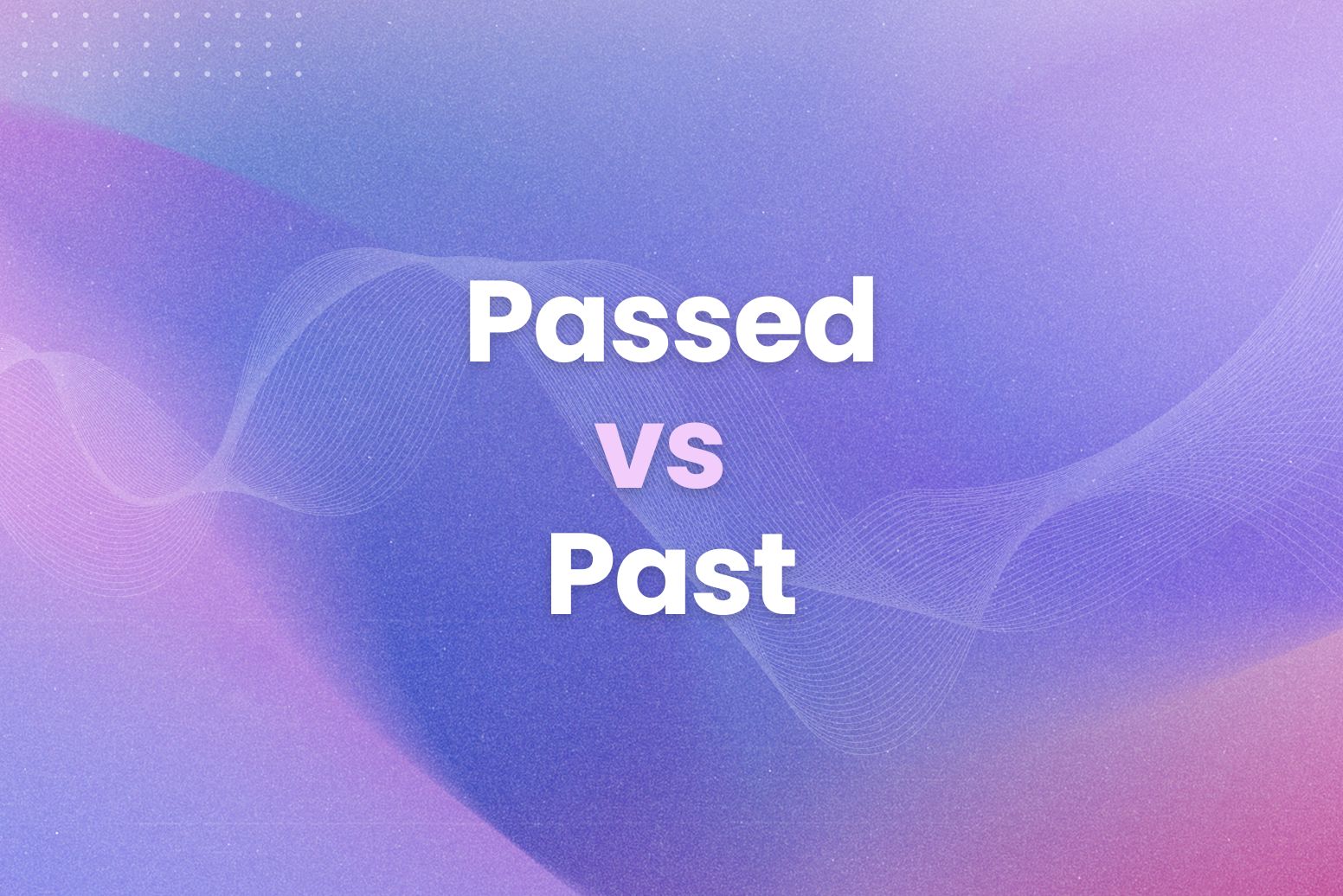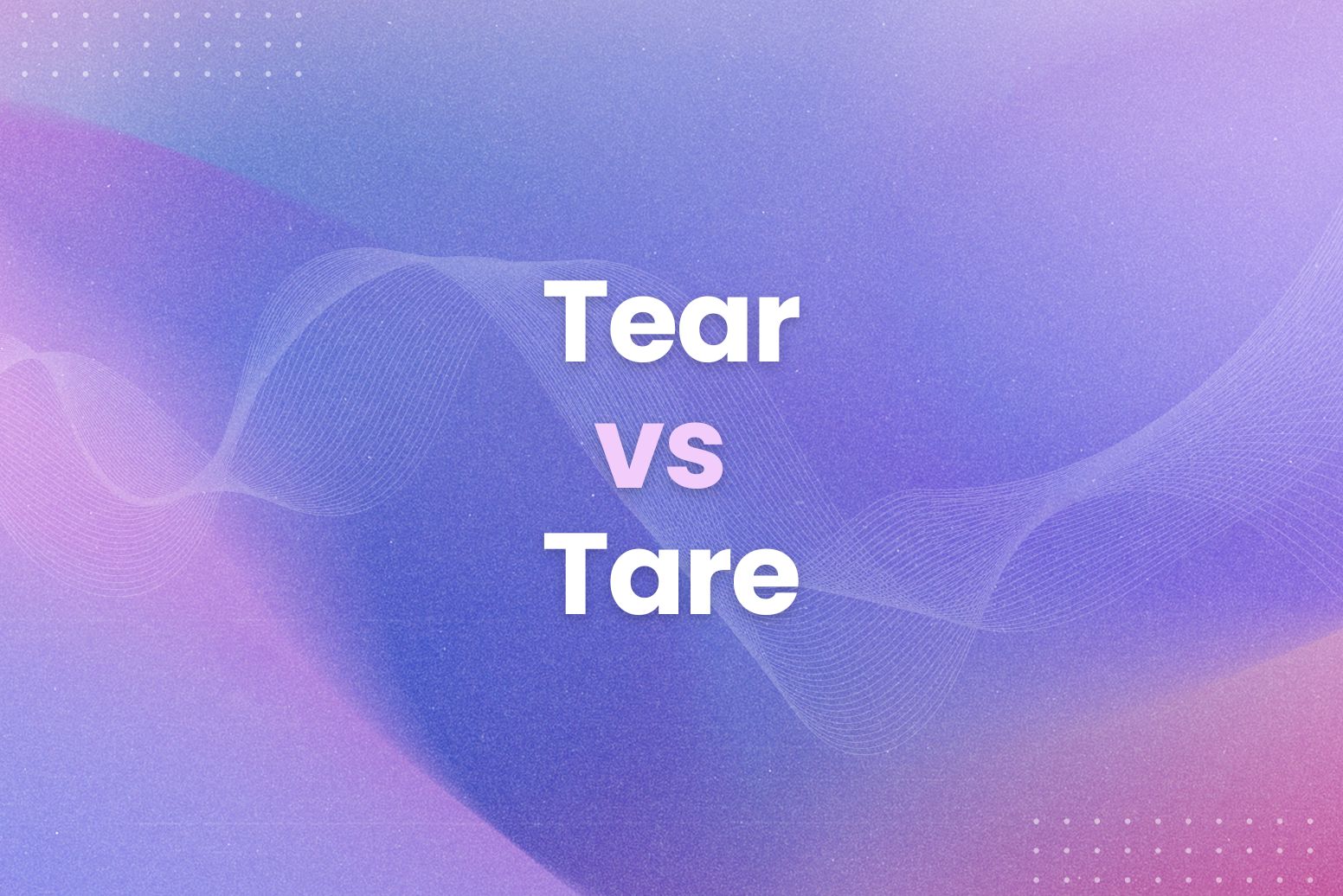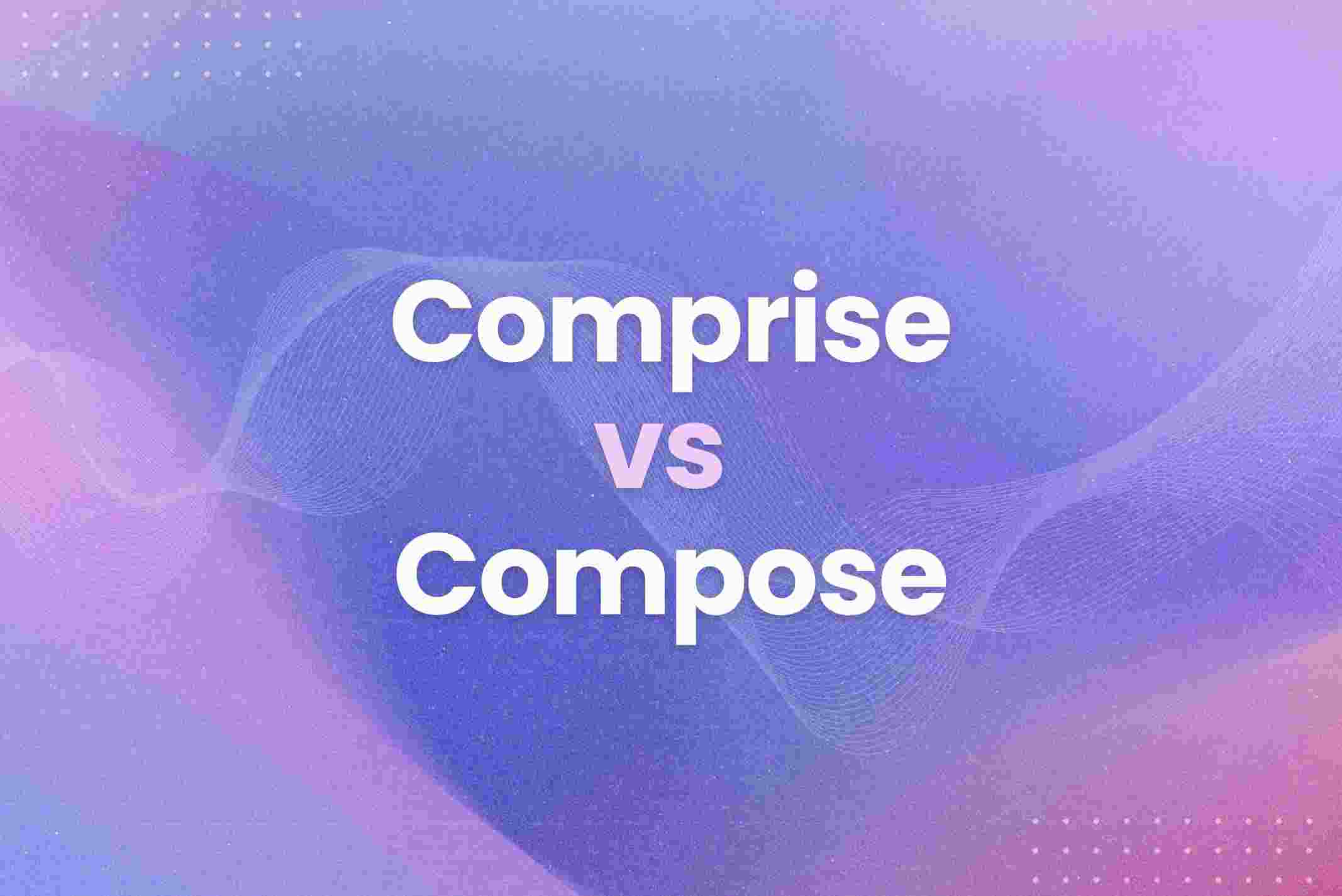Have you ever tripped over passed and past? You’re not alone. These two words cause trouble for many writers. They sound alike, but they have different meanings. Consequently, using the wrong one can change your sentence entirely. This guide clarifies the difference between passed vs past. It provides simple explanations and examples. We will cover:
- The definition of passed.
- The definition of past.
- How to use passed in a sentence.
- How to use past in a sentence.
- Common mistakes to avoid.
The Definition of Passed
Passed is the past tense and past participle of the verb to pass. In other words, it describes an action that has already happened. For instance, think of it like this: something has gone by, moved on, or completed.
Here are a few ways we use passed to:
- Move beyond something: The car passed the truck.
- Successfully complete something: She passed the exam.
- Transfer something to someone: He passed the ball to his teammate.
- Elapse (referring to time): Several years have passed since then.
- Die: My grandfather passed away last year.
For example, “The parade passed by the reviewing stand.” This shows movement. Similarly, if someone says, “I passed my driving test,” it means they successfully completed it. Furthermore, consider the sentence, “Time passed quickly during the vacation.” This refers to the flow of time.
The Definition of Past
Past is a tricky word because it can function as several parts of speech. It can be a noun, an adjective, or a preposition. Therefore, its meaning changes depending on how it’s used.
Here’s a breakdown:
- As a noun: Past refers to a time that has gone by. For example, “In the past, I used to collect stamps.” This refers to a previous period.
- As an adjective: Past describes something that existed or happened before the present time. For instance, “My past experiences have shaped who I am today.” Here, it modifies the noun “experiences.”
- As a preposition: Past indicates movement beyond a point or place. For example, “The runner sprinted past the finish line.” This describes the runner’s movement in relation to the finish line.
To clarify, consider these examples: “The past is behind us” (noun). “She is a past president of the club” (adjective). “We drove past the old school” (preposition). Notice how the meaning of past shifts based on its role in the sentence.
How to Use Passed in a Sentence
As we’ve covered, passed is the past tense of the verb to pass. Consequently, it shows a completed action. Using it correctly means understanding its different shades of meaning.
Here are some examples of passed in action:
- Movement: The train passed through the tunnel.
- Completion: He passed all his exams with flying colors.
- Transfer: She passed the salt across the table.
- Time: Many years passed before they met again.
- Death (euphemism): Her grandmother passed away peacefully in her sleep.
For instance, consider this sentence: “The storm passed quickly.” This shows the storm moving on. Similarly, “She passed the interview with ease” shows a successful completion. Furthermore, “He passed the message along to his colleagues” demonstrates a transfer of information.
A good way to check if you’re using passed correctly is to see if you can replace it with a similar verb in the past tense. For example, in the sentence “The car passed the bicycle,” you could substitute “overtook” or “went by.” If the sentence still makes sense, you’re on the right track.
And if you’re writing something important, like a report or an email, it’s always good to double-check. Arvin can quickly scan your text for any grammar errors. You can even ask Arvin to suggest better wording or phrasing. This can improve your writing and make it more professional. This is a very useful feature for anyone who wants to write clearly and accurately.
How to Use Past in a Sentence
Remember, past can be a noun, an adjective, or a preposition. Therefore, using it correctly depends on understanding its role in the sentence. This section breaks down each use with clear examples.
Here’s a breakdown of past in action:
- Noun (referring to time): The past is a valuable teacher.
- Adjective (describing something from a previous time): He is a past champion.
- Preposition (indicating movement beyond a point): We drove past the museum.
For example, consider the sentence, “Learning from the past helps us improve.” Here, past acts as a noun, referring to a period of time. Similarly, in “She is a past member of the team,” past is an adjective describing her previous status. Furthermore, “The dog ran past the mailbox” uses past as a preposition, showing movement relative to the mailbox.
Common Mistakes to Avoid between Passed vs Past
Now that we’ve covered the definitions and uses of passed and past, let’s look at some common pitfalls. Avoiding these mistakes will significantly improve your writing accuracy. These errors are easy to make, but they’re also easy to fix with a little attention.
Here are some frequent errors:
- Using past when you mean passed (and vice versa). This is the most common mistake. For instance, writing “He past the exam” instead of “He passed the exam.”
- Misusing past as a verb. Past is not a verb. Remember, passed is the past tense of the verb to pass.
- Forgetting the different functions of past. Remember, past can be a noun, adjective, or preposition. Using it incorrectly in any of these roles creates an error.
For example, a common mistake is writing “The car past by quickly.” The correct version is “The car passed by quickly.” This highlights the importance of remembering that passed is the verb form. Similarly, someone might say “In the passed, I used to…” Instead, they should say “In the past, I used to…” This shows the correct use of past as a noun.
Furthermore, consider this incorrect sentence: “We drove passed the store.” The correct version is “We drove past the store.” This shows the correct use of past as a preposition.
Ready to Write Right Every Time With Arvin?
We’ve explored the differences between passed vs past. Now you know how to use each word correctly. Remember, passed is a verb showing a completed action. Past can be a noun, adjective, or preposition relating to time or location. Keeping these distinctions in mind will make your writing clearer and more accurate.
Here’s a quick recap on passed vs past:
- Passed is the past tense of to pass. It shows movement, completion, or the passage of time.
- Past can be a noun (a time gone by), an adjective (describing something previous), or a preposition (indicating movement beyond).
- Substituting similar words can help you choose the right word.
Writing with correct grammar is important for clear communication. It helps your readers understand your message without confusion. With Arvin, you have a powerful tool at your fingertips. Arvin can quickly check your grammar and suggest improvements, especially when you’re working with tricky words like passed and past. This helps you write with confidence, knowing your work is polished and professional.
FAQs About Passed vs Past
Which is correct, past or passed?
The correct word depends on the context. Passed is the past tense of the verb to pass. Past can be a noun, adjective, or preposition. For example, “He passed the test” (verb). “In the past, I lived in New York” (noun). “We drove past the library” (preposition).
Is it “I walked passed” or “I walked past“?
The correct phrase is “I walked past.” Here, past is used as a preposition indicating movement beyond a point.
Is it “passed” or “past” your bedtime?
The correct phrase is “past your bedtime.” This uses past as a preposition, indicating a time beyond a certain point.
Is it “going past” or “going passed“?
The correct phrasing is “going past.” Past functions as a preposition here, showing movement beyond a location or point in time. For example, “We are going past the gas station” or “It’s getting past midnight.”








